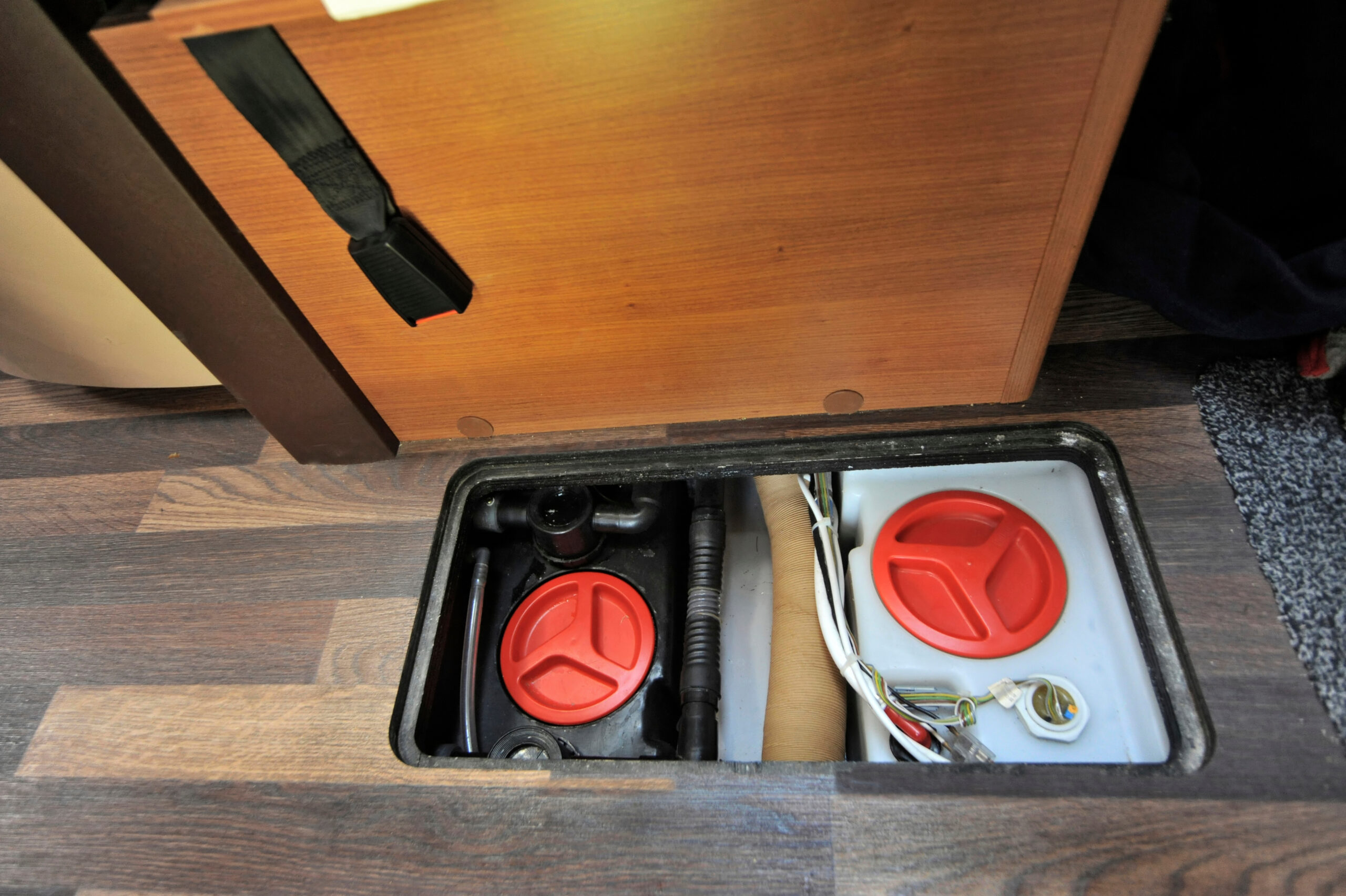Navigating solutions with industrial waste water tanks
In the industrial sector, managing waste water efficiently is not just a regulatory requirement; it’s a critical component of sustainable operations. An industrial waste water tank plays a pivotal role in this process, providing a secure and effective way to store waste water before treatment or disposal. Whether your business is involved in manufacturing, processing, or any activity that produces liquid waste, understanding how to leverage these tanks can significantly impact environmental compliance and operational efficiency. Let’s dive into the practical aspects that make these tanks indispensable to modern industry.
Selecting the right tank for your waste water needs
Choosing the appropriate industrial waste water tank requires careful consideration of your specific needs. Factors such as the volume of waste water your operations generate, the chemical composition of the waste, and the intended waste water treatment processes are crucial. Tanks are available in various materials, including steel, concrete, and plastic, each offering different benefits in terms of durability, resistance to chemicals, and cost. Assessing your requirements against these criteria ensures you invest in a tank system that not only meets regulatory standards but also aligns with your sustainability goals. An effective industrial waste water management strategy involves more than just storage; it requires seamless integration with treatment systems.

Maintenance practices for longevity and compliance
Maintaining your industrial waste water tank is crucial to ensuring its longevity and your compliance with environmental regulations. Regular inspections and cleaning are necessary to prevent the buildup of sediments and contaminants that can corrode the tank or hinder its performance. Additionally, monitoring for leaks and structural integrity is vital to avoid environmental pollution and potential fines. Implementing a proactive maintenance schedule can help identify issues before they escalate, ensuring your waste water storage system remains a reliable component of your industrial operations.


